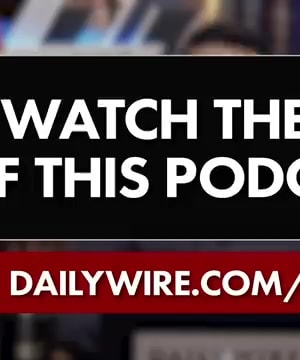Is social media censorship biased?
Sources:
The topic of social media censorship bias is highly debated among experts. Various perspectives illustrate differing views on the issue:
-
Ben Shapiro argues that social media platforms exhibit a clear bias against conservative voices. He suggests that these platforms suppress conservative content, especially around critical times like elections. He provides examples like the suspension of the New York Post's Twitter account after reporting on Hunter Biden 1.
-
Dan Bongino supports this viewpoint by stating that decisions like shadow banning, de-amplification, and bogus fact-checks are proof of social media platforms' bias against conservatives. He criticizes the lack of transparency from these companies in providing data on banned accounts, which raises doubts about the fairness of their censorship practices 2 3.
-
Conversely, another perspective highlighted in a discussion notes that the First Amendment applies to the government, not private companies like social media platforms. This implies that these companies have the right to filter content as they see fit, which complicates the argument about bias and censorship 2.
-
Joe Rogan emphasizes the significant influence social media platforms have in shaping narratives and suggests that there is evidence of discrimination against conservative voices. He also discusses the potential moral or ethical reasons behind this suppression, thus highlighting that biases might stem from ideological leanings within the companies 4.
Overall, the debate is polarized, with strong arguments on both sides acknowledging the complex interplay between content moderation, free speech, and political bias in social media.
RELATED QUESTIONS-
